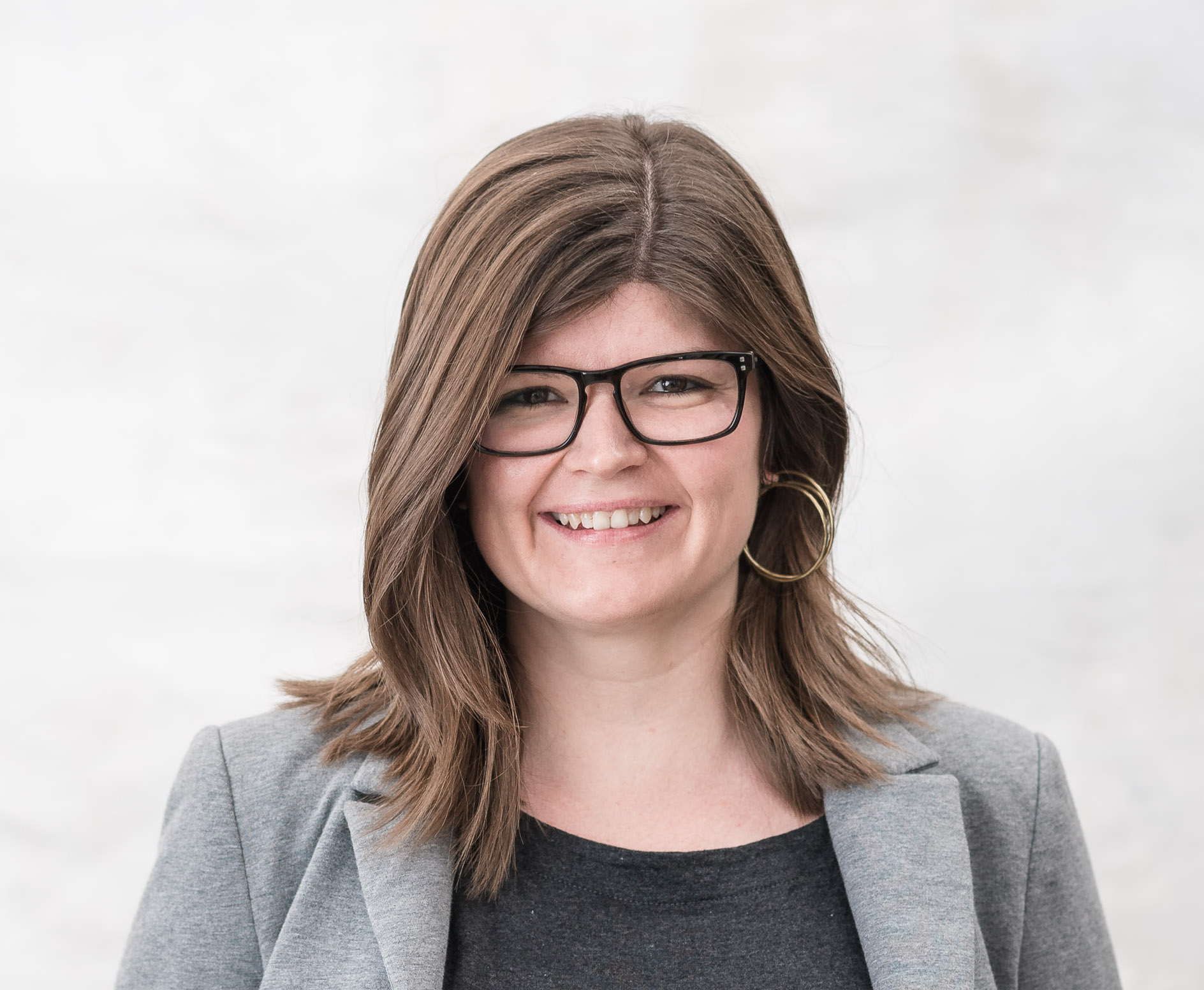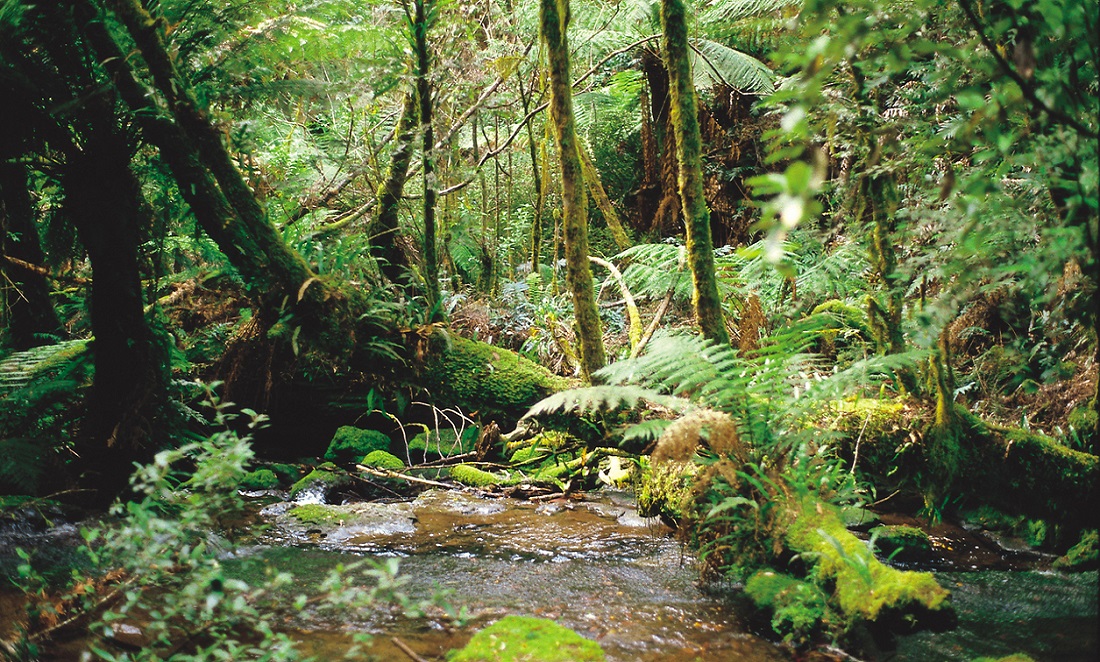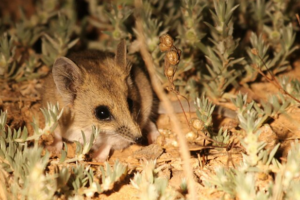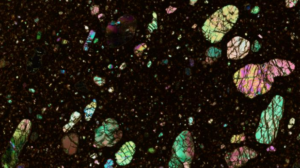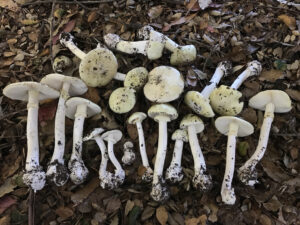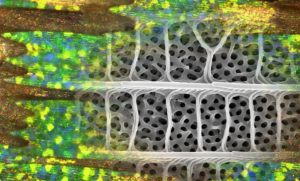At the end of August, I borrowed a friend’s campervan and moved to the forest.
For a week, my office was a picnic table. I met with clients at an eco cafe in a nearby town. I tethered my phone with my computer for internet access and got power provided by the campsite.
Why? Because I wanted to see if it was practically possible to work from the forest. But more importantly, I wanted to test my hunch that it would make my work better. I’ve been into bush walks and camping my whole life. In recent years, whenever I’d take the weekend off to go camping, I’d notice a huge improvement in my mood. I’d sleep better. I’d have more energy.
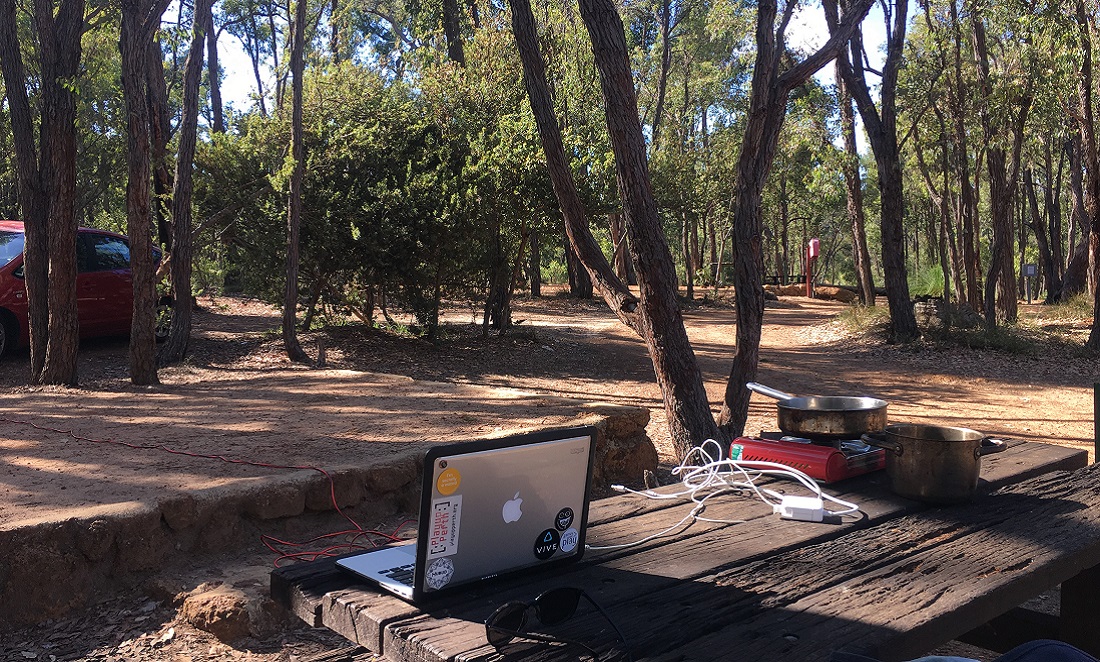
Then I discovered that not only was my experience a thing, but a thing supported by science.
Shinrin-what?
I stumbled upon shinrin-yoku or Japanese forest bathing. Shinrin-yoku is the practice of going into nature to improve one’s mental and physical health.
Between 2002 and 2012, the Japanese Government’s forestry agency spent US$4 million researching the science of shinrin-yoku. Here are some of the highlights from those and related studies:
- A 2007 study found that shinrin-yoku was not only effective at reducing chronic stress but made an even bigger difference for people experiencing higher stress levels.
- A 2009 study found that phytoncide (chemicals given off by trees to protect themselves from insects) boosts the immune system by increasing human natural killer (NK) activity.
- A 2010 research review of 24 separate studies across Japan reported numerous health benefits from shinrin-yoku including lower concentrations of cortisol, lower pulse rate, lower blood pressure, greater parasympathetic nerve activity and lower sympathetic nerve activity than in city environments.
Building on the research
Just released research from WA is building on the work of Japanese scientists.
In May, Curtin University researchers published a paper in the Cambridge Journal of Education showing that children are more creative when they learn in nature.
The research saw students in Australia and the UK writing poetry outside. According to Dr Paul Gardner, one of the study’s coauthors, “There was a much higher and richer level of imagery amongst the poems crafted by the ‘outdoor’ groups compared to the ‘indoor’, which suggests that learning in natural environments could enhance creativity and language development.”
Sonja Kuzich, who also coauthored the study, reported, “Some of the students’ descriptions about their natural experiences included ‘it was like walking on marshmallow ground’, ‘sharp pine cones like grenades’ or ‘crows that bark like a dog’.”

Forests as innovation spaces
Despite extremely high population density, 67% of Japan is still forest. Among developed countries, this puts Japan second only to Finland in terms of forested land area. One of the key reasons for this is that they see the value of forests for human health, creativity and innovation.
We need to learn from this.
In WA, we have Nature Play WA, which has a variety of programmes to get kids playing in nature to increase their resilience and creativity.
What if we did this for adults? What if we had coworking spaces and innovation hubs that were embedded in natural environments? Spaces that encouraged working outside or walking in nature as a tool for brainstorming. It would not only help us preserve our precious remaining natural areas but also ensure a bright and innovative future for WA.


